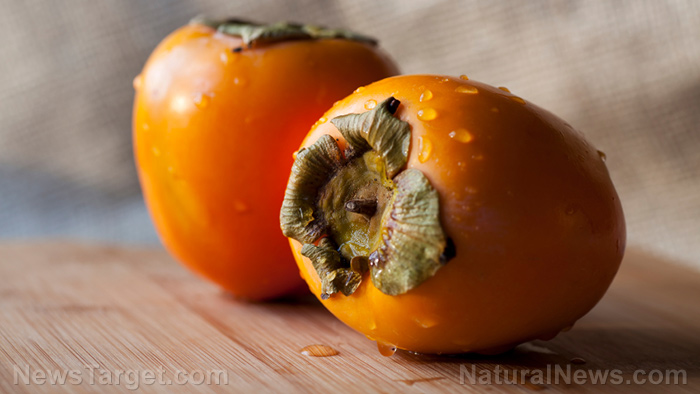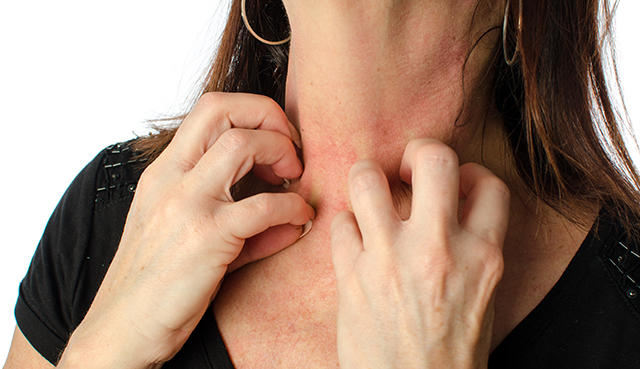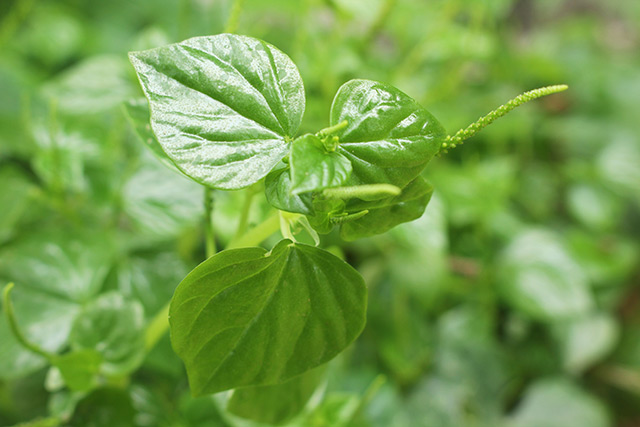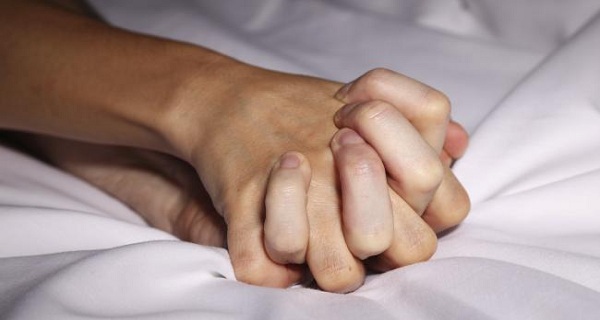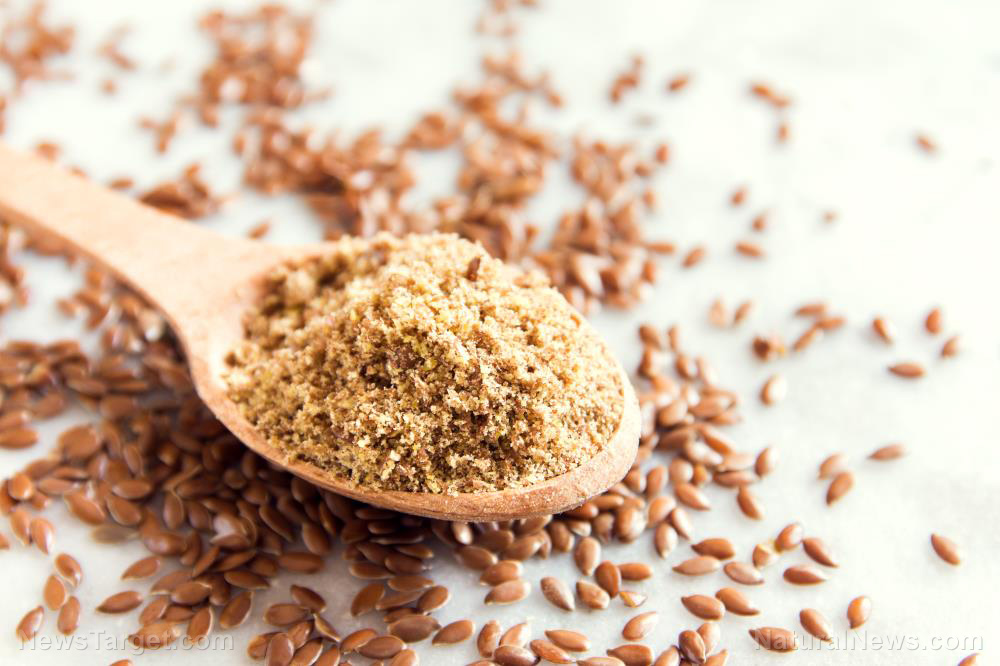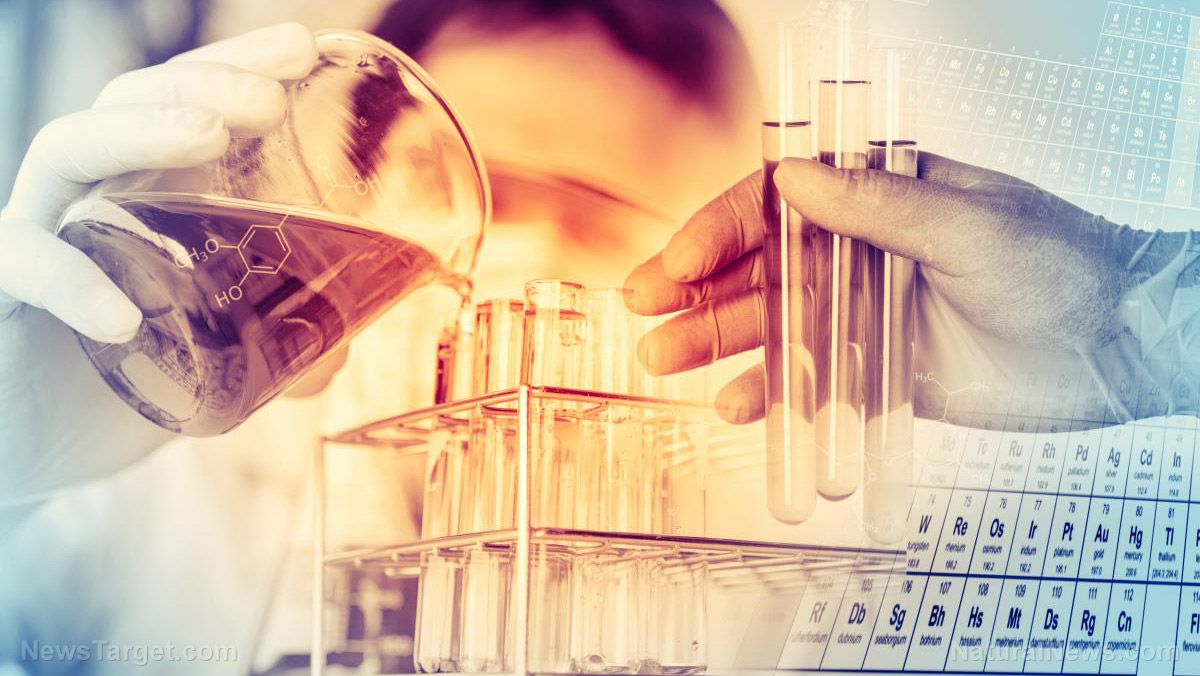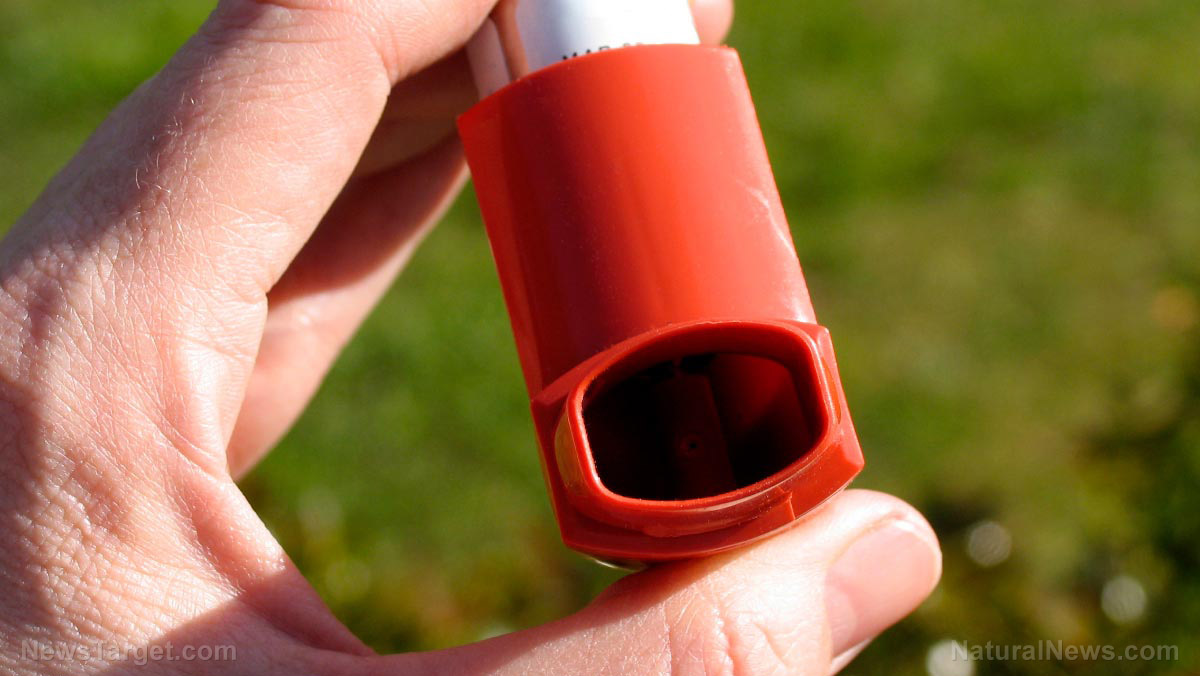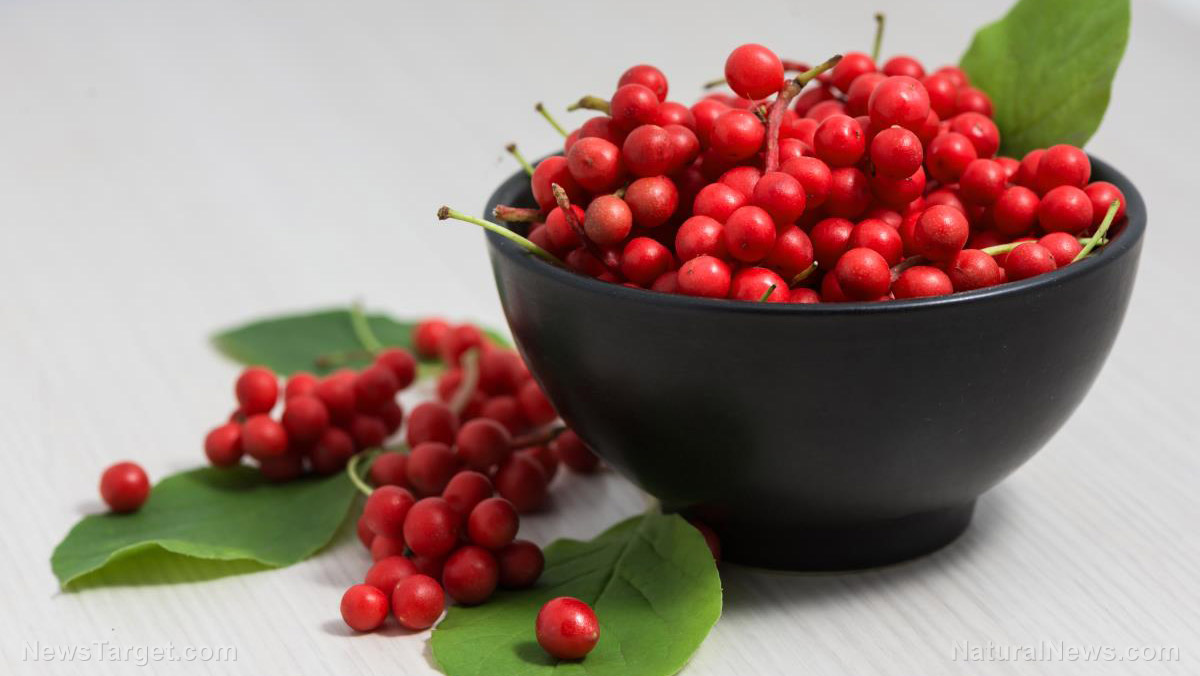Probiotic painkiller: A new study has found that certain gut bacteria produce GABA which combines with lipoproteins to act as a potent painkiller
12/06/2017 / By Ralph Flores

You would think that we’ve pretty much explored our own bodies, but we’re still learning more things every day — just look at your gut.
Scientists were able to discover that a probiotic bacteria living in your intestinal microbiota (the microorganisms living in your gut) can be used to treat pain caused by irritable bowel syndrome.
Researchers from Inserm, the University of Toulouse and the Centre Hospitalier Universitaire de Toulouse discovered that the probiotic Escherichia coli Nissle 1917 produces a neurotransmitter (GABA) that reduces discomfort by a significant degree. The GABA does this by binding itself to a lipid, crossing the intestinal barrier, then acting on the nerves in the stomach that causes the pain. The discovery of the combination between lipoprotein and GABA could have far-reaching implications on how pain is managed using the combination.
Irritable bowel syndrome (IBS) affects at least 11 percent of people worldwide. A common symptom for IBS is abdominal pain. This affects people differently, with some experiencing cramps to debilitating pain. Currently, IBS is only treated depending on the symptoms exhibited by the patient, and no effective treatment exists specifically for abdominal pain.
Escherichia coli Nissle 1917, a probiotic bacteria that was discovered during World War I, was initially used as an alternative treatment for intestinal disorders. This, however, is slowly changing with the rise of probiotic treatment due to the natural characteristics it possesses and their reported lack of toxicity. Conducting research in this area will not only examine the bacterial factors behind probiotic activities but also understand the validity of their use. (Related: The benefits of Probiotics.)
Researchers have drummed up a project that seeks to describe the characteristics of Escherichia coli Nissle 1917‘s probiotic activities. According to their research, the bacteria produce GABA (gamma-aminobutyric acid), which is the primary inhibitor (a substance that prevents reactions) of our nervous system. The GABA is then bound to an amino acid and a fatty acid. These three molecules form a lipopeptide, which is just a fancy way of naming a compound made up of lipid and amino acids. The lipopeptide is important in this process since GABA cannot permeate the intestinal wall on its own. When bound in a lipopeptide, it can cross the wall, then bind to a receptor to reduce the activation of pain via the sensory neurons.
Further studies revealed more interesting things about the GABA lipopeptide. The effects of the lipopeptide were also applicable to neurons exposed to capsaicin (the substance that makes chili peppers hot) as well. Without the lipopeptide, neurons exposed to capsaicin were observed to increase their calcium flow, a characteristic of neurons’ hypersensitivity. However, the neurons which had the GABA lipopeptide did not have an increase in calcium flow. This means that the lipopeptide may also address stomach pain caused by eating too much capsaicin.
Through the results of the study, it becomes imperative to have a better understanding of the modes of action that probiotics currently possess, such as the ones produced by the intestinal microbiota.
The exact cause of IBS is unknown. However, some triggers for the onset of IBS include food, hormones, and stress. Aside from abdominal pain, other symptoms range from excess gas, constipation, and diarrhea. A good way of reducing or easing cases of IBS is to reduce stress, practice relaxation exercises, and have mindfulness training.
To learn more about probiotics and how they affect our health, visit NaturalHealth.news.
Sources include:
Tagged Under: GABA, IBS, irritable bowel syndrome, painkiller, probiotics






